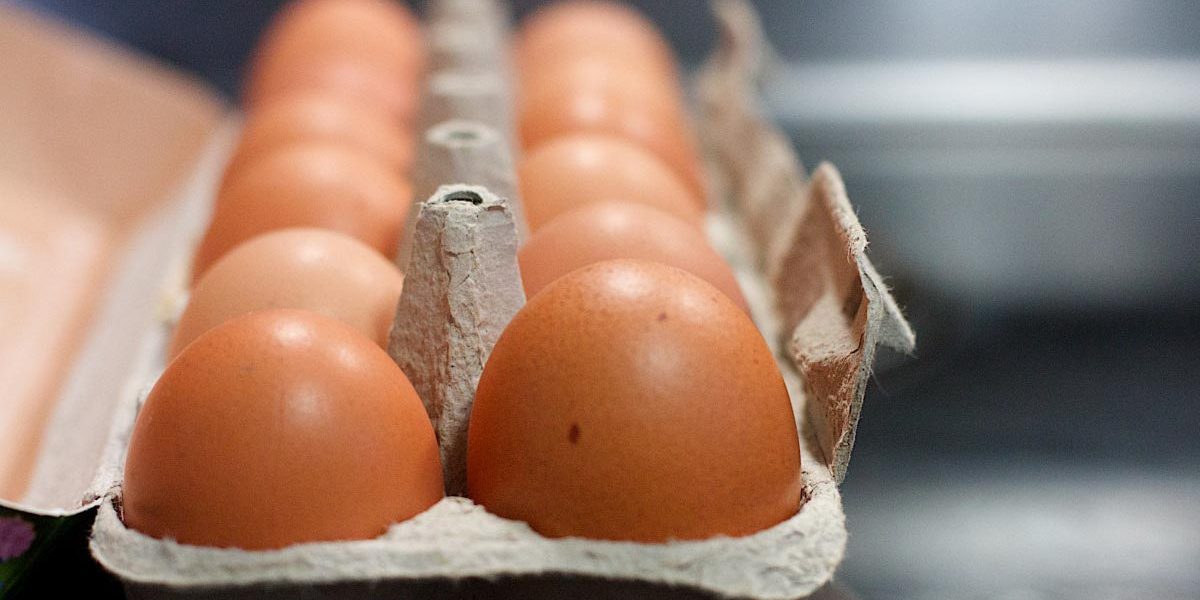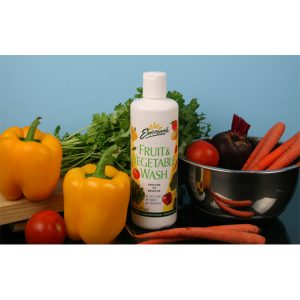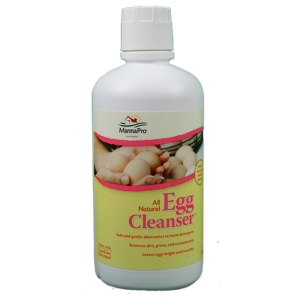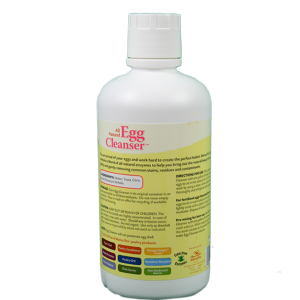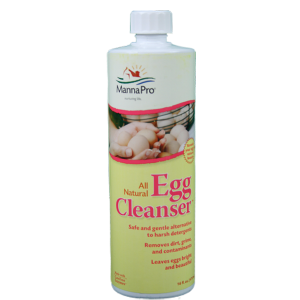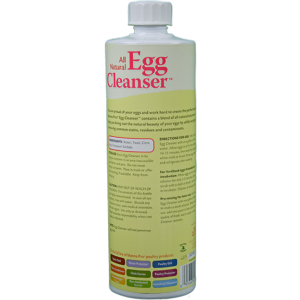Nobody wants to cook with or eat an egg that has a dirty shell. “Dirt” on the outside of a shell can range from mud to manure and anything in between. Regardless of what special combination of materials is involved, if the egg is visibly dirty on the outside, you will want to clean it before introducing it into your kitchen.
While cleaning an egg seems like a straightforward solution, the primary goal should be to prevent your eggs from getting dirty in the first place. Eggs naturally form a protective coating on the outside of the shell that prevents moisture from leaving the egg and reduces the likelihood of bacteria contamination getting into the egg. If you can avoid having to wash your eggs, you will be able to leave this coating intact, which is ideal.
There are some preventative measures you can put in place to keep your eggs as clean as possible:
- Keep the coop, nests, runs, etc. clean and dry
- Do not overcrowd your hens
- Provide enough nests for your hens (no more than 4 hens per nest)
- Do not allow birds to roost over your nests
- Line nests with appropriate shavings or liners
- Consider nests designed with removable bottoms for easy cleaning
If an egg is very soiled, we recommend throwing it in to your compost pile. You have to be careful because eggs are porous and if an egg has been sitting in bacteria for any amount of time, there is a chance some of it was able to penetrate and contaminate the egg. Typically, backyard flocks produce plenty of eggs, so losing one here or there is not worth even a slight risk of getting sick from a dirty egg.
For slightly dirty or dusty eggs, sometime a little water and soap is all it takes to polish them up. There are also some commercial egg cleaning solutions that we offer.

